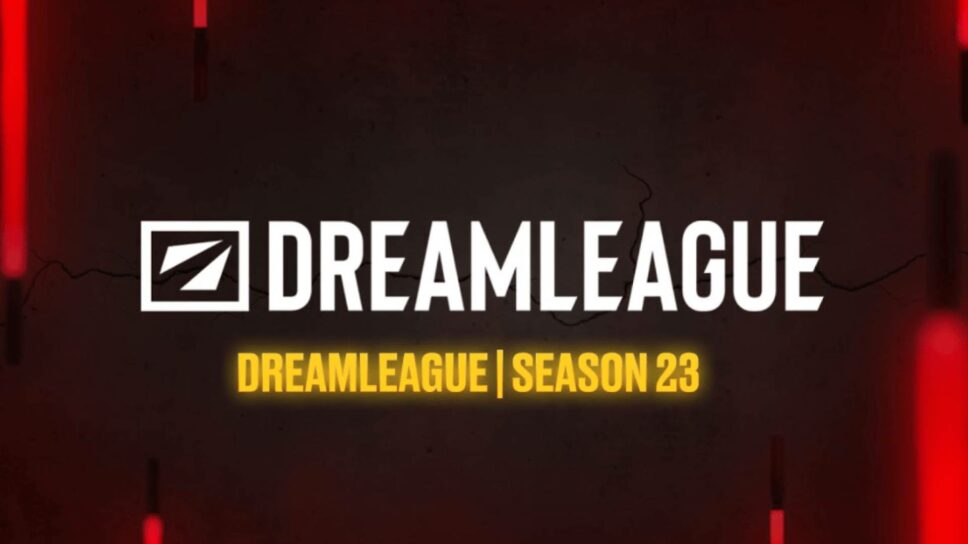EA is planning on debuting its new kernel-mode anti-cheat solution called EAAC with the launch of FIFA 23.
EA is launching a new in-house a new kernel based anti-cheat system for all future PC titles. Until recently, the publisher relied on third party anti-cheat systems. Many players complained about cheaters in multiplayer titles like Battlefield and Apex Legends. EA plans on addressing that with its brand new anti-cheat system - currently only announced for FIFA 23. It'll be called EA AntiCheat and it features kernel-level security access similar to that in games like Call of Duty Warzone.
EA revealed the details on its new anti-cheat system in the form of a deep-dive on its website. EA AntiCheat, or EAAC for short is a kernel-mode anti-cheat system for competitive multiplayer titles. In effect, this includes cheats that bypass user-mode anti-cheat systems. The publisher has developed this new anti-cheat system in-house in order to gain more control over privacy and security measures in its titles. The anti-cheat system will make its debut with the release of FIFA 23. EA plans on implementing it in future PC titles.
Why is Kernel-Mode anti-cheat needed?

According to the California-based mega-publisher, hackers develop cheats and hacks that operate at Kernel level in competitive PC titles like FIFA 23 and Apex Legends. Consequently, this allows them to remain invisible to user-mode anti-cheat solutions. Additionally, the opacity of third-party anti-cheat solutions was preventing EA's security teams from implementing measures to preserve user privacy and security. In conclusion, a Kernel-Mode anti-cheat system which has been developed in-house will allow EA to gain control over security in its titles.
Will EA's new AntiCheat cover other titles such as Apex, Battlefield?
EA Anti-Cheat will not be implemented across all EA titles. EA is closely working with its game-studios to decide which titles require kernel-mode anti-cheat and which ones don't. An advanced anti-cheat will not be required for single-player and non-competitive titles. However, competitive multiplayer games like FIFA, Apex Legends and Battlefield games will most likely require kernel-mode anti-cheat. EAAC will debut with the launch of FIFA 23.
Will EAAC have access to personal files and information?
Player privacy is a top concern of our Game Security & Anti-Cheat team - after all, we’re players as well! EAAC will only look at what it needs to for anti-cheat purposes in our games and we have limited the information EAAC collects.
EA has limited the information that EAAC will collect from a player's computer. This is in accordance with the publisher's EULA and privacy statement. EA AntiCheat will observe and respond to any process on the computer that is trying to interact with the EAAC equipped game. Any other data or information is off-limits to the system. So users can rest assured that their personal information is safe. EA AntiCheat is not authorized to collect information from browsing history or non-EAAC applications.
How does it impact performance?
Among the biggest concerns for players is whether or not the new Kernel-mode anti-cheat will cause performance degradation while gaming. According to EA, they've conducted extensive tests to ensure that EAAC has a minimal impact on game performance. The anti-cheat will not utilize too many resources and is a lightweight addition to game files. Of course, players can expect some impact on performance, similar to third-party anti-cheat solutions.
Kernel-mode anti-cheat systems becoming more common

Many video game developers are implementing kernel-mode anti-cheat systems in their multiplayer games. The world of competitive gaming is growing rapidly and this is causing a subsequent increase in cheaters and hackers. Many multiplayer games on PC which utilize user-mode anti-cheats face problems with cheaters. As a result, many developers have begun implementing in-house kernel-mode anti-cheat systems on their multiplayer titles on PC. For instance, Activision-Blizzard pulled a similar move last year on titles like Call of Duty Warzone.
Controversies around Valorant's Kernel-Mode Anti-Cheat
Valorant is one of the most popular multiplayer titles that uses kernel-mode anti-cheat. When the game launched, its anti-cheat system became the subject of controversy. Apparently, the game's Vanguard Anti-Cheat system is always running in the background, regardless of whether or not the game is running. Consequently, this led to many players raising a stink about it when they realized it. Riot Games defended this by stating other games use Kernel-Mode anti-cheat systems too.
However, while it is true that there are several other games that use kernel-mode anti-cheats, they don't run the anti-cheat systems unless the game itself is running. The Vanguard anti-cheat system runs as a background process upon booting the computer. Thankfully, EA's new anti-cheat doesn't do this.
It's great that EA is addressing this issue with an in-house solution. We're hoping they use this new anti-cheat solution on some of their active titles like Apex Legends and Battlefield. So long as they implement this system well enough, players can expect a better experience in their multiplayer games.
Stay tuned to esports.gg for the latest gaming news and updates.



